5 Skills You Need to Study Mathematics in College
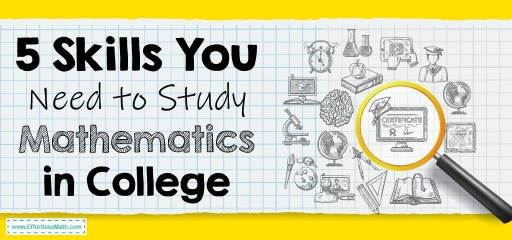
To master something, you need certain skills. The fact is that it’s very difficult to learn a subject just by cramming, and Math isn’t an exception. All because there isn’t something static in our world. Math as science is constantly changing, and some patterns of problem-solving don’t always work. So let’s explore five skills that you need to become a pro in Math in college!
1. Communication Skills
Communication skills are important because people are around us. We talk to people every day: chat with them, go for a walk with them, make video and audio calls. Your buddies share brilliant ideas with you, adults give you advice, and you do the same too.

So people are your main resource. Don’t forget about it when struggling with a problem. Your buddies can help you understand how to solve it and give an example.
You’ll realize the importance of communication skills when you ask your teachers and tutors for advice. To avoid strident actions and a rude tone of voice, you should know how to talk to people and find an approach to each person. By doing so, you build strong relationships with pros in Math. As a result, they can share a lot of useful thoughts with you.
How to Develop
The best way to develop communication skills is just to communicate with people. Of course, you can read tons of books about how to talk to people successfully and how to persuade them. However, as practice shows, theory usually is far from reality. So just communicate, spend time with buddies, and after some weeks, you’ll see that talking to people is easier than it was.
2. Creative Thinking

Maybe you’ll be surprised, but creative thinking is one of the most important skills that you need, as creativity helps you think out of the box when facing difficulties. Interestingly, Oxford has a test for creative thinking in admission interview questions. For example, ‘If you were a grapefruit, would you rather be seedless or non-seedless?’ The student’s task is to answer unusually for such questions.
How to Develop
The easiest way to do it is to answer the admission interview questions. Spend time to ponder how you can stand out with your answer.
The second way to become more creative is to think about how you can make your life more beautiful. For example, you can decorate your notebook or cudgel your brain to come up with the original design of your project. Search for ways to add more colors to your daily living.
3. Time Management

Although if you’re a genius, it’s very difficult to learn math when you can’t manage your time. Let’s see two rules that can help you be productive. Then, we’ll learn how to develop such a skill.
Don’t Distract Yourself
Some people are talented, but they spend half of the day scrolling the news feed. Of course, sitting on social media is useful in some cases as you can learn information on your subject from them, but we’re talking about sitting in social networks for killing time.

Or another example. Students distract themselves many times. They check Facebook Messenger, play with their pets, start drawing doodles on their notebook, and all that jazz. In a nutshell, they do everything apart from studying. As a result, it seems that they spent all day learning trigonometry but haven’t memorized anything.
Get Rid of Unnecessary Tasks
When studying in college, students have to perform lots of assignments. And if people have a war with writing, they suffer when doing essays and lose priceless time. So it’s better to get rid of assignments that are useless for you and order custom term papers from the best professional essay writing company. The fact is that the best professional essay writing company will perform your assignment with a high score. Therefore, there is no point in being worried.
How to Develop
To develop such a skill, you don’t need to spend hours reading books about time management. You can just read articles on the Internet or watch videos on YouTube, and it’s enough. In 2021, different training sessions about productivity are very popular, and people spend hours and a deal of money on them. They buy tons of books that will help them ‘increase their productivity.’ So it’s a waste of time and money.
You need to be aware of the basic principles of time management. And the next step is to apply your knowledge in practice and see what tricks are good for you.
For instance, some people like to work an hour on one task, then switch to another one, then turn to the previous deal again. But some people prefer another way: they should spend all day on one task until finishing it.
4. Critical Thinking
The fourth skill that it’s better to develop to excel at math in college is critical thinking. It’s important for many majors. For example, law school students need to think critically and analyze what they read to become good lawyers.
It doesn’t matter whether your major is related to law or not. Math itself requires critical thinking to solve problems quickly and find unusual approaches for difficult ones. Also, you need to prove theorems. Some teachers ask students to prove them in multiple ways, so without critical thinking, it’s hard to do it.
How to Develop
To develop such a skill, you should think all the time critically, analyze all events around you, and ask yourself different questions during the day:
- Is this knowledge important for me?
- How can I convert my knowledge into money?
- Why was such a person rude to me?
- Why can’t some people achieve their goals?
We’ve listed only a few questions that can be examples for you. By answering them, you develop your thinking abilities. You’ll analyze all things you see, all people you meet, all difficulties you face.
When analyzing people, you try to understand their motivation, their mood, and their thoughts. As a result, you improve the emotional intelligence that helps you communicate with people. Thus, by spending time answering questions, you kill two birds with one stone:
- Develop critical thinking.
- Improve your emotional intelligence.
So you can also read books about logic. Usually, they contain theories that you can apply to practice. The practical part of such books teaches you to use theory and find solutions for unusual situations. Logic is important for students who study math as they’re learning to marshal their thoughts.
5. Active Learning
And the last ability that you need to improve is active learning. Such skill requires ‘to be in a moment.’ The deal is that sometimes, we immerse ourselves in our thoughts when sitting in class. As a result, the knowledge that we get is perceived on auto-pilot. It seems that we’ve learned something, but we can’t remember it. Thus, our studying is unproductive, and we spend hours studying for nothing.
So active learning is a skill that helps you study consciously.
How to Develop
To develop such a skill, your task is to review regularly what you’ve learned. Ask yourself: ‘What I’ve learned?’ and try to remember it. It’s unnecessary to reproduce all information in detail, and you can do it only in outlines.
Also, ask yourself during the day:
- What I’m doing now?
- What is the purpose of such an activity?
- Does such an activity help me achieve my goal?
Alex Novak, in his ‘Book That Doesn’t Exist’ recommends quitting the activity when you can’t find a clear purpose for it and if it doesn’t help you achieve your goal. But we don’t agree with it as if you’re chilling out and talking to your friends, and it can be considered ‘doing nothing.’ But we aren’t robots, so communicating with people is important, as well as resting is also necessary for us.
Such an approach can be applied to cases when you are scrolling the news feed when you have to solve lots of problems, and deadlines are approaching. In this case, the questions suggested by Alex Novak are helpful.
The Bottom Line
So you can use all tips from this list or choose only one piece of advice from it. Do as you want. Of course, it’s better to follow all points. You should work on the above skills for a long time, and after some months and in some cases weeks, you’ll see tangible results.
Related to This Article
More math articles
- The Unit Circle
- FREE 7th Grade ACT Aspire Math Practice Test
- Top 10 ISEE Middle-Level Math Practice Questions
- Top 10 SHSAT Math Practice Questions
- Algebra Puzzle – Challenge 56
- Top 10 ALEKS Math Prep Books (Our 2023 Favorite Picks)
- FREE 8th Grade PARCC Math Practice Test
- 5th Grade WVGSA Math Worksheets: FREE & Printable
- Grade 10 Math Worksheets: FREE & Printable
- How to Factor by GCF?
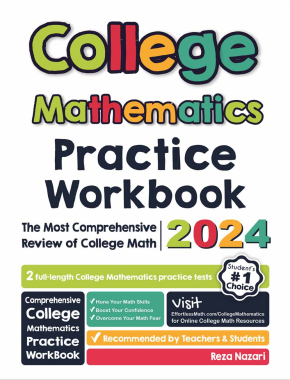
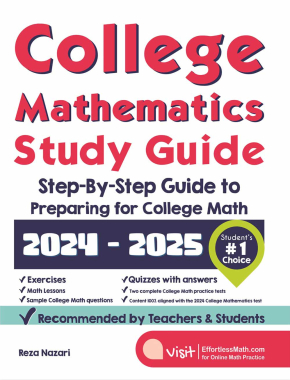
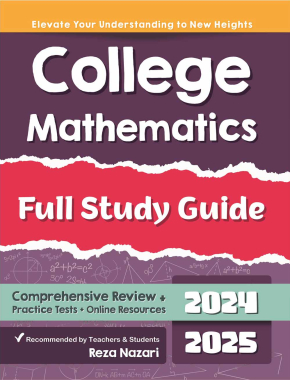
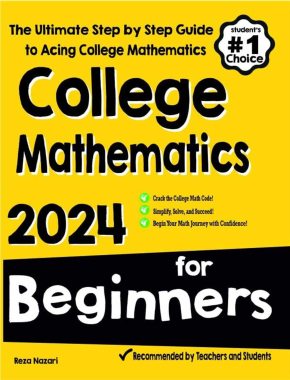
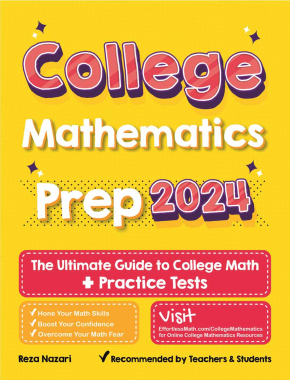
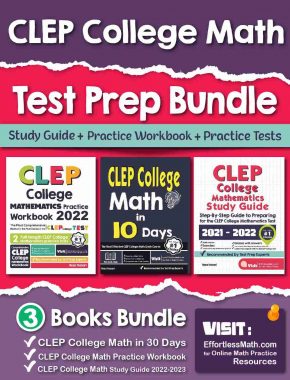
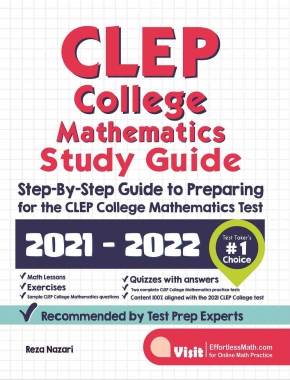
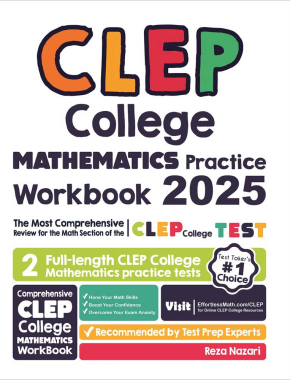
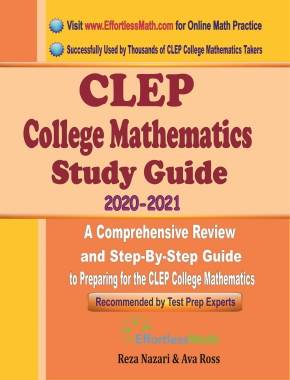
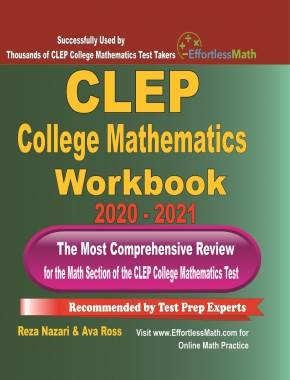
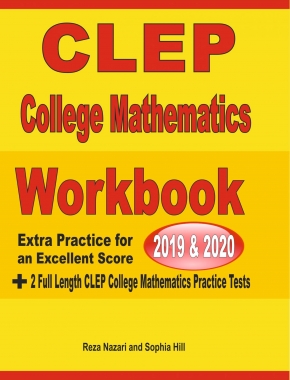
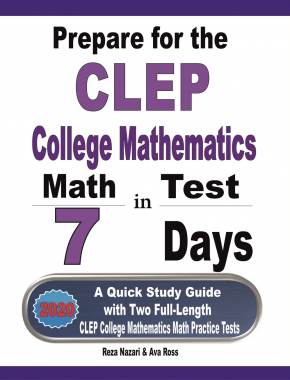
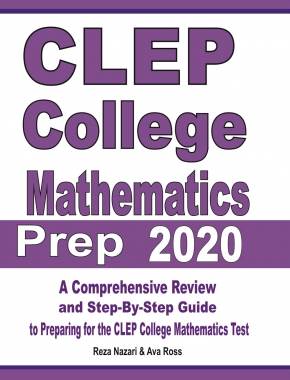
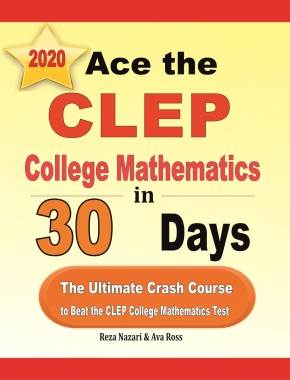


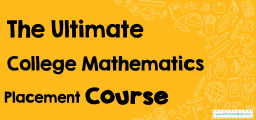
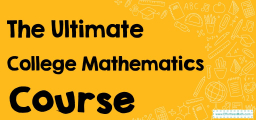
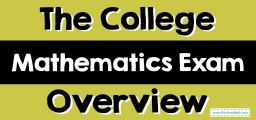


What people say about "5 Skills You Need to Study Mathematics in College - Effortless Math: We Help Students Learn to LOVE Mathematics"?
No one replied yet.